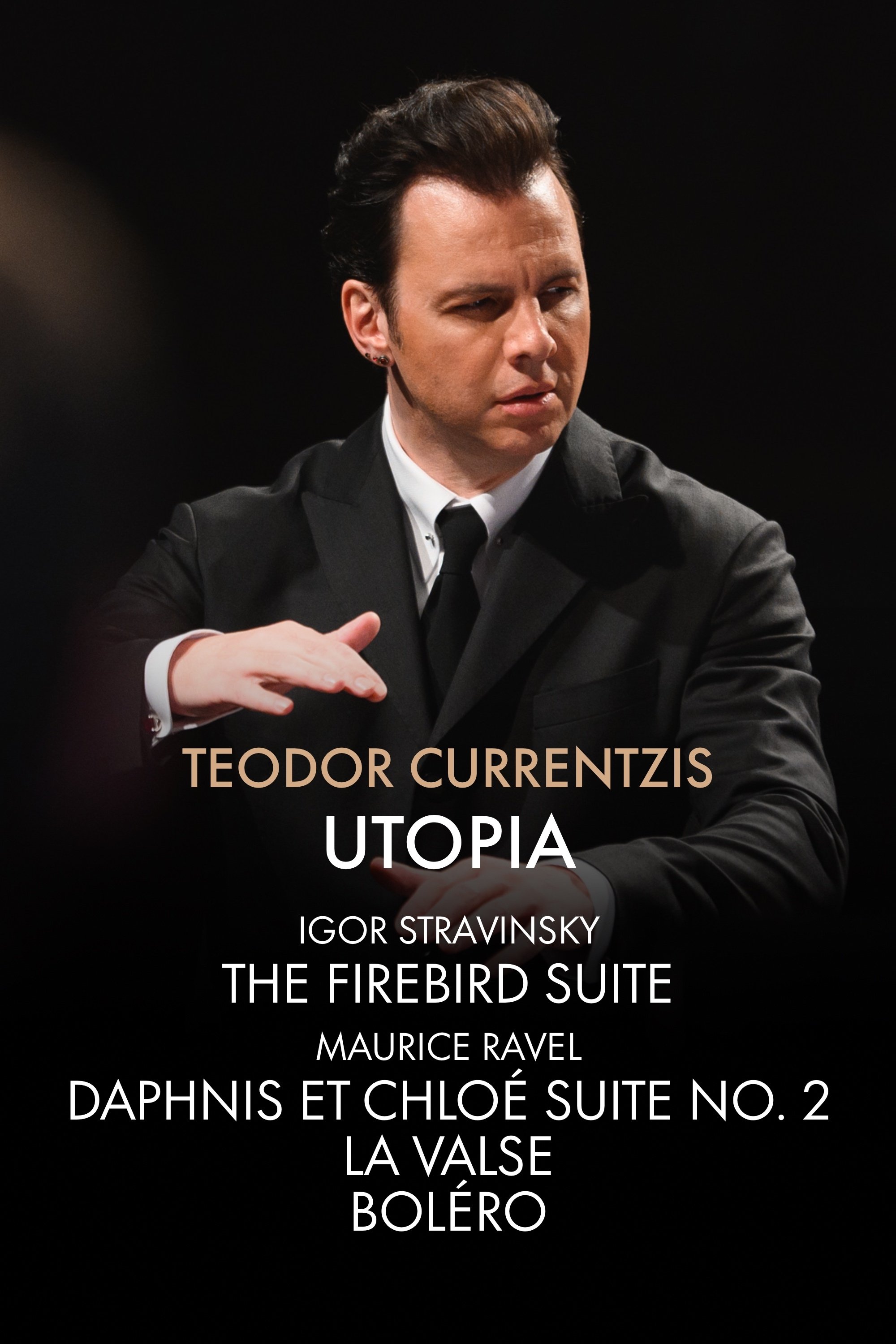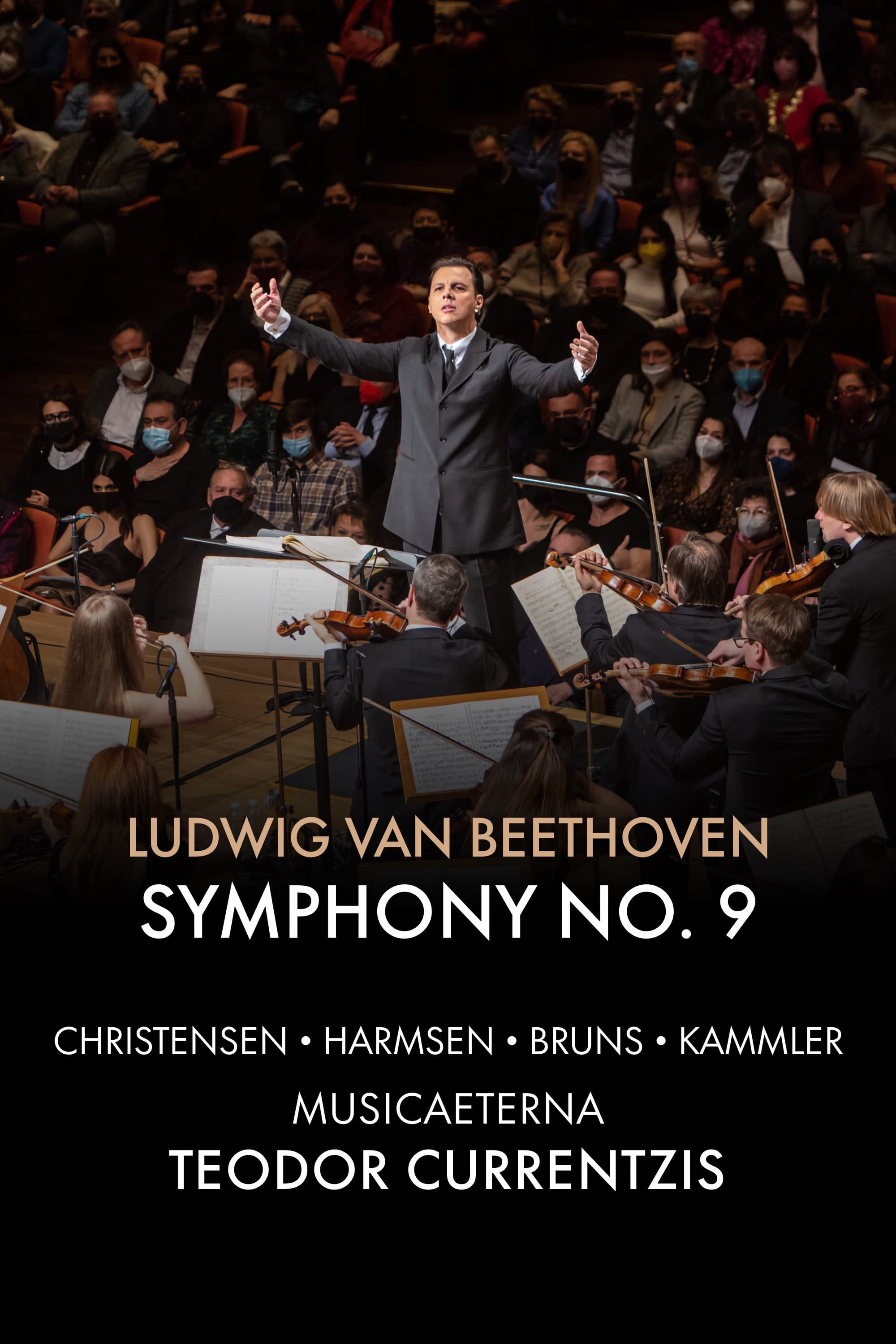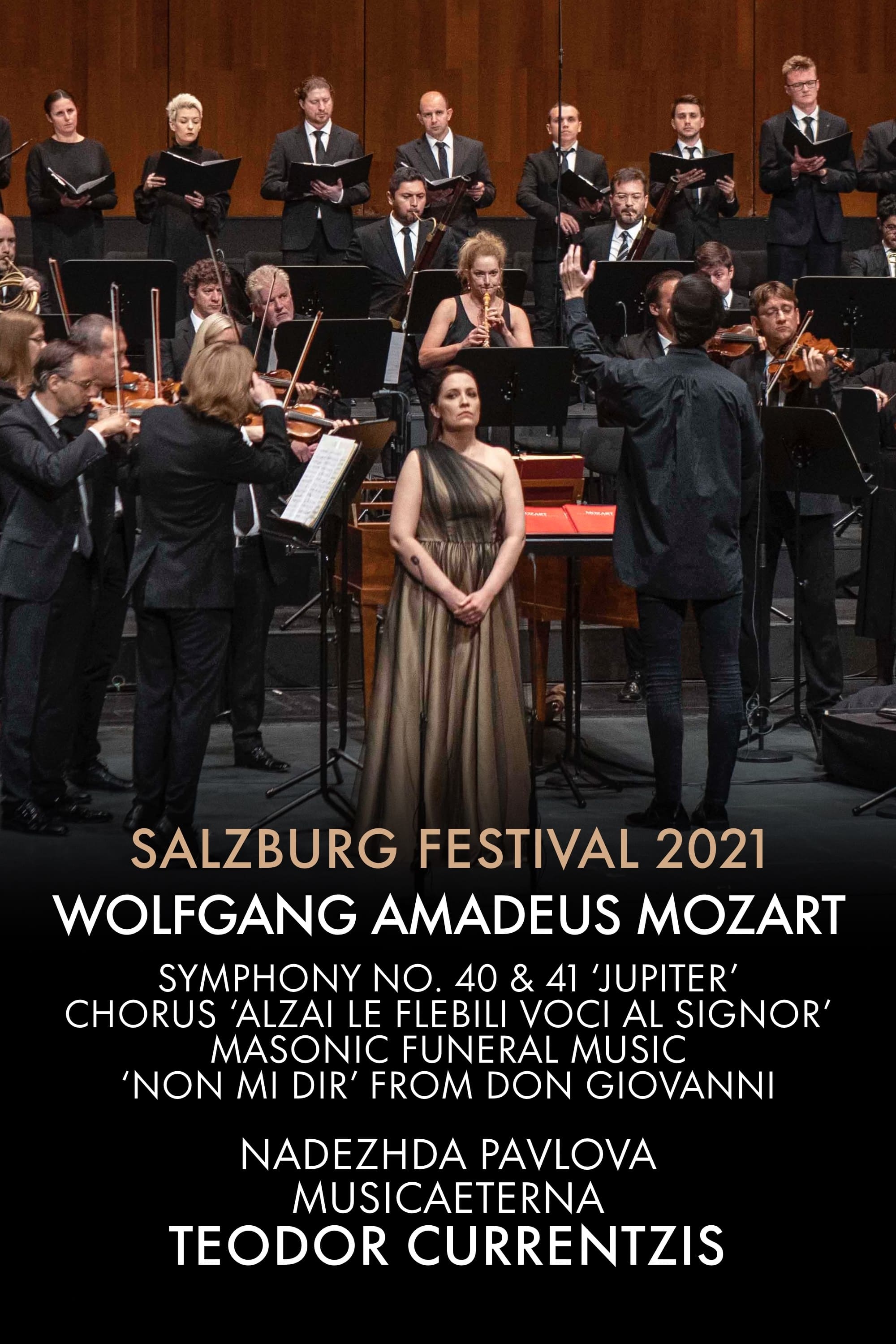

Teodor Currentzis is a Greek-Russian conductor and musician. He was Chief Conductor of the SWR Symphony Orchestra from 2018 to 2024 and is Artistic Director of the ensemble musicAeterna and the Utopia orchestra and choir. Outside of music, in 2009, Currentzis acted in Ilya Khrzhanovsky’s film Dau based on the biography of the physicist Lev Landau.

Utopia, the new orchestra of conductor Teodor Currentzis, can be...

Ludwig van Beethoven headed for Symphony No. 9 literally his...

At the Salzburg Festival 2021, the musicAeterna Orchestra conducted by...

The 9th Symphony of Ludwig van Beethoven is one of...
